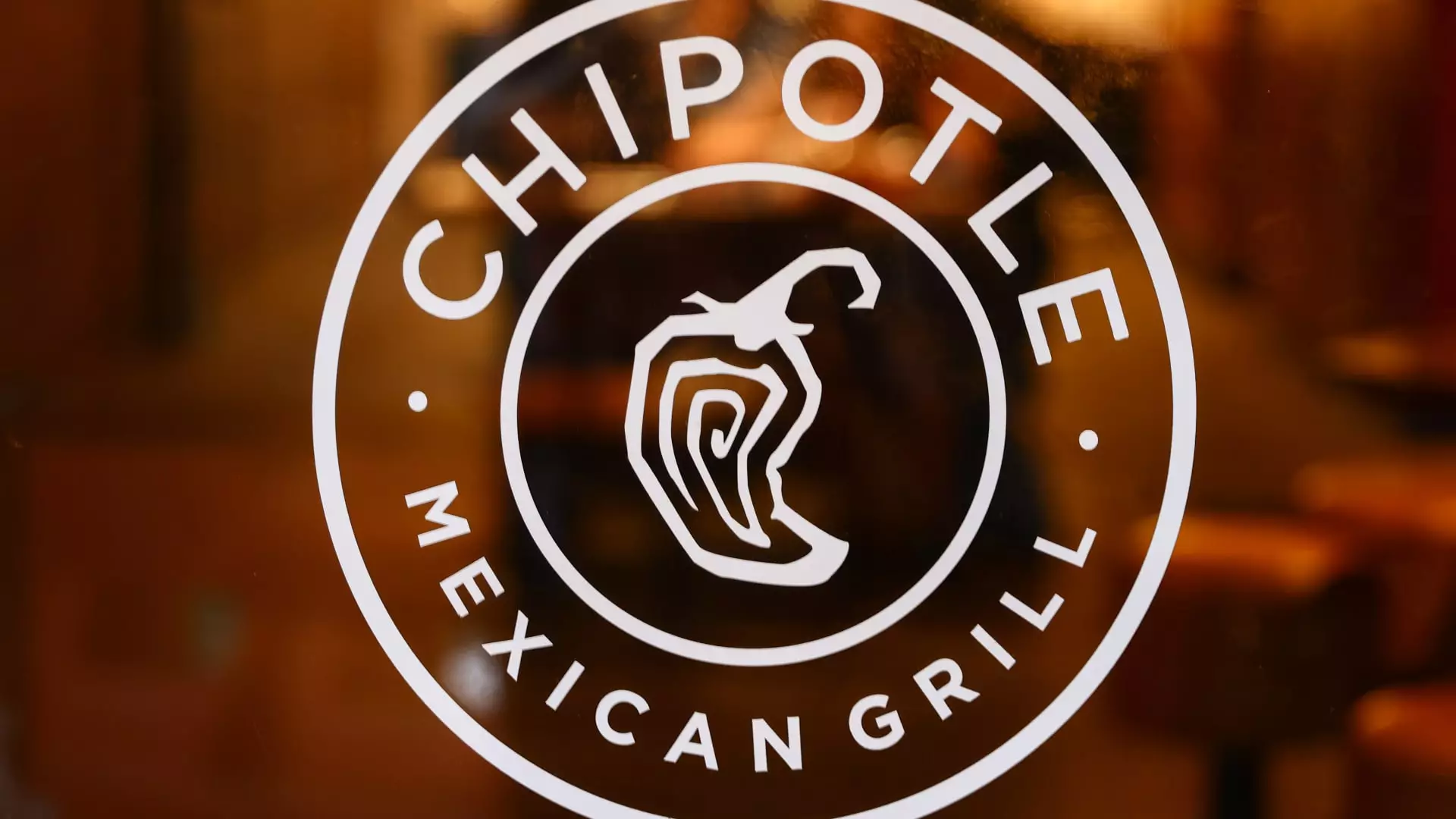In what can only be described as a daring venture, Chipotle Mexican Grill is gearing up to launch its first restaurant in Mexico next year. The decision is laden with paradox. With President Trump’s trade war casting shadows over U.S.-Mexico relations, the timing raises eyebrows. Chipotle’s expansion efforts could face significant hurdles amidst a climate that is anything but welcoming. While the company optimistically anticipates that Mexico’s appreciation for fresh ingredients will translate into a booming business, the reality might be far too complex for such optimism.
Challenges of Cultural Translation
Success in America does not automatically equate to success abroad, especially in the culinary realm. Chipotle’s menu, though familiar to American consumers, could encounter skepticism in Mexico, where the notion of “Mexican food” is tied deeply to local customs, flavors, and preparation methods. Past attempts by corporations such as Taco Bell to establish themselves in the Mexican market serve as cautionary tales rather than blueprints for success. This raises significant questions: How well does Chipotle really understand the Mexican palate, and can it adapt to local tastes without sacrificing its brand identity?
Tariffs and Trade Tensions
Complicating Chipotle’s ambitious plans is the trade hostility that has characterized U.S.-Mexico relations under the Trump administration. Though the looming threats of tariffs on Mexican imports have been momentarily halted due to new trade agreements, uncertainty remains. With nearly half of its avocado supply still sourced from Mexico, Chipotle walks a precarious path. If trade tensions escalate anew, the costs could swiftly mount, potentially undermining the economic feasibility of operating within Mexico. The hope for a seamless supply chain might be more of a dream than a given, given the current political climate.
Localized Competition
The existing food market in Mexico is rife with local competitors who possess a deep understanding of consumer desires and cultural preferences. Chipotle may find itself going head-to-head with taco stands and regional chains that are small yet mighty. These competitors not only offer authentic local fare but also possess a loyal customer base that is grounded in tradition. Chipotle’s American branding may not resonate as strongly with consumers who view it as part of the multi-national corporate machine, leading to an uphill battle for market share.
A Calculated Risk
In the broader scope of their international aspirations, Chipotle’s foray into Mexico indicates a definite risk-taking mindset. Nonetheless, it’s critical to assess whether this calculated risk aligns with the company’s long-term vision and the grueling realities it faces. An expansion effort in a country where it stands out as an alien entity could prove heart-wrenching rather than heartwarming. The fact that Chipotle initially focused on the U.S. speaks volumes about the challenges lurking in foreign markets where their concept is far from traditional.
The Perils of Pessimistic Optimism
While it is commendable for Chipotle to pursue growth beyond its established borders, there is a fine line between optimism and naivety. The prevailing assumption that Mexican consumers will inherently embrace a fast-casual brand might not be as effortless as envisioned. Chipotle must tread carefully, learning not just from its successes but also from others’ missteps, or it could find itself writing a new chapter in international expansion that echoes the struggles of failed ventures. Caution intertwined with an insatiable drive is the recipe for true success in unfamiliar territory.

